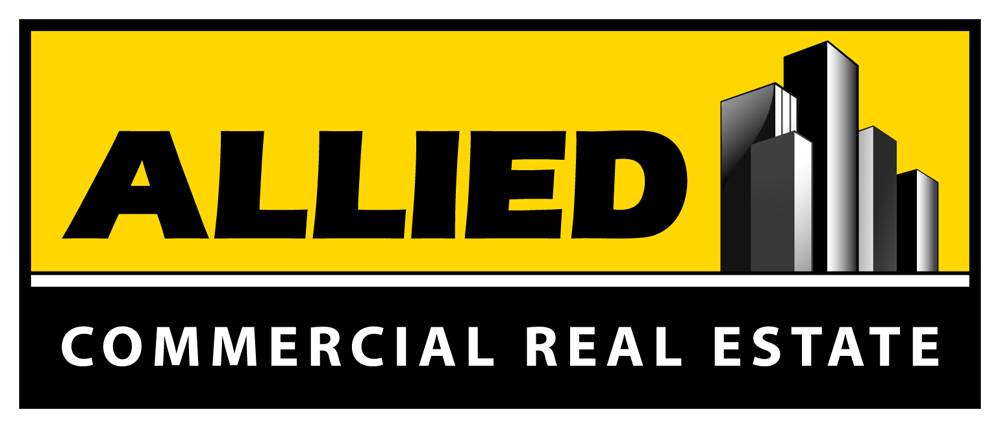Laws Impacting Commercial Property Owners in California that take effect July 1, 2013
| Legislative Alert – Effective July 1, 2013 – ADA Disclosures |
 Action Required Action Required
On July, 1, 2013, Civil Code Section 1938 goes into effect and requires commercial leases executed on and after such date to disclose whether the premises being leased have been inspected by a Certified Access Specialist, and if so, whether the inspected premises have been determined to meet all applicable accessibility requirements. Senate Bill 1186, signed into law in September 2012, is intended to provide California landlords, tenants and business owners with added protection against predatory lawsuits based on alleged violations of construction-related disability access laws. California has 40 percent of the nation’s ADA lawsuits but only 12 percent of the country’s disabled population. So last year Governor Brown signed SB 1186 (Steinberg/Dutton), which will curb lawsuit abuse regarding the Americans With Disabilities Act (ADA) while promoting increased compliance with disabled accessibility building codes. |
| Legislative Alert – Effective July 1, 2013 – Disclose Energy Usage |
 Action Required by California Commercial Landlords Action Required by California Commercial Landlords New California Law goes into effect July 1, 2013, requiring owners to disclose energy usage of the building during sale, lease or financing. Action Required Another new state requirement you should be aware of: The Nonresidential Building Energy Use Disclosure Program kicks in this summer. This is the mandatory Energy Star disclosure law we have been working on for over five years now. The present effective date of the regulations is July 1, 2013 for large buildings (more than 50,000 square feet); January 1, 2014 for medium buildings (more than 10,000, and up to 50,000 square feet); and July 1, 2014 for small buildings (5,000 up to 10,000 square feet). Basically, anytime you finance, sell, or lease a whole building, you are required to run the Energy Star numbers and provide that information to the other party in the transaction as well as the Energy Commission. The Energy Commission staff is working to provide online resources to help you comply with this new law. Here are several items you can find already online: AB 1103 Disclosure Summary Sheet Sample Statement of Energy Performance The Energy Commission is also working on a “Frequently Asked Questions” document and would like our input. If, after reading through the materials, you are unclear on how to comply with the law, or if there are lingering questions, please let us know and we will pass along to the CEC. We want to thank staff at the Energy Commission for working with our industry to address issues and resolve concerns throughout this process. We will continue to work with them as they move forward and are implemented. |





